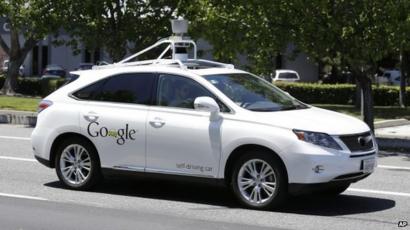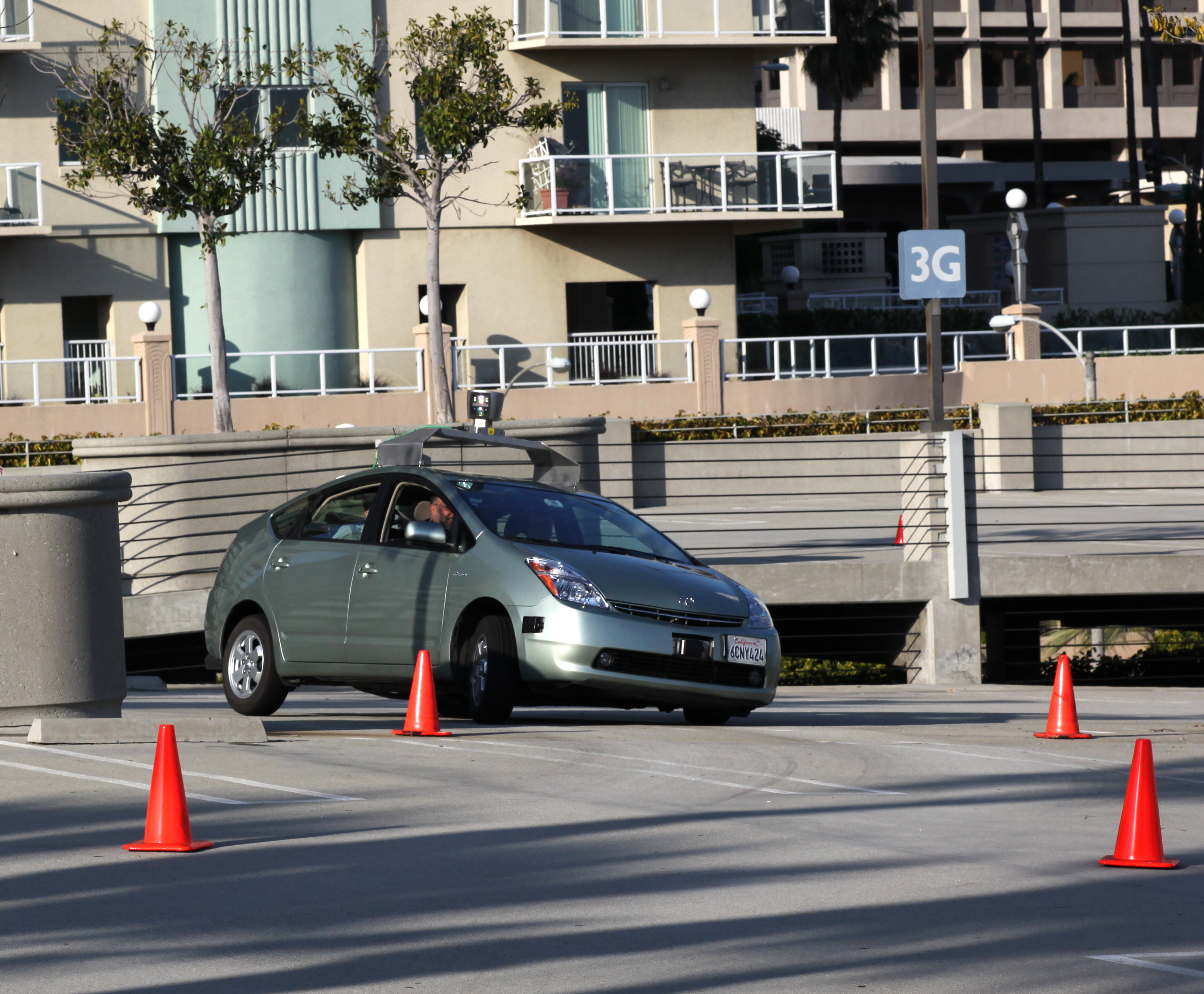Google Driverless Car
Here we explain some of the technology.

Google driverless car. Waymo created the worlds first public education initiative around autonomous vehicles called lets talk self driving. In 2016 the company expanded its road testing to the dry phoenix arizona area and kirkland washington which has a wet climate. As of june 30 google has quite the driverless car fleet with 34 of the koala vehicles and 24 lexus suvs retrofitted with googles driverless tech on the road. Googles founder sergey brin has made it clear that the company plans to have its driverless cars on the market no later than 2018.
But the results are impressive. Within 2013 google plans to expand the number and users of their driverless cars to google employees. Thats really the essence of it. Das google driverless car soll wie der name schon sagt ohne einen fahrer auskommen.
Driverless cars being tested in california by google company waymo needed less human action in 2016. To dive deeper youd need a background in engineering and a bit more information from google. Es soll vollautomatisiert und sicherer als ein mensch fahren. Thereafter it will not take longer than 5 years to get the cars into the market.
A velodyne 64 beam laser scans the surrounding environment in 3d and combines what it finds with high resolution maps. Googles driverless car uses cameras lidar light radar system and software called google chauffeur. Die systemsoftware des autos heisst google chauffeur stand. Google took its first driverless ride on public roads in october 2015 when mahan took a 10 minute solo ride around austin in a google pod car with no steering wheel or pedals.
Jawdropping video shows the darpa challenge winning car motoring through busy city traffic with no one behind the wheel and dramatic test drive footage from ted2011 demonstrates how fast the. It brings together a diverse set of communities and interests with a shared belief that fully self driving technology has the potential to save lives improve independence and create new mobility options. Das projekt wurde anfangs von sebastian thrun geleitet einem ehemaligen professor fuer kuenstliche intelligenz an der stanford university und.





